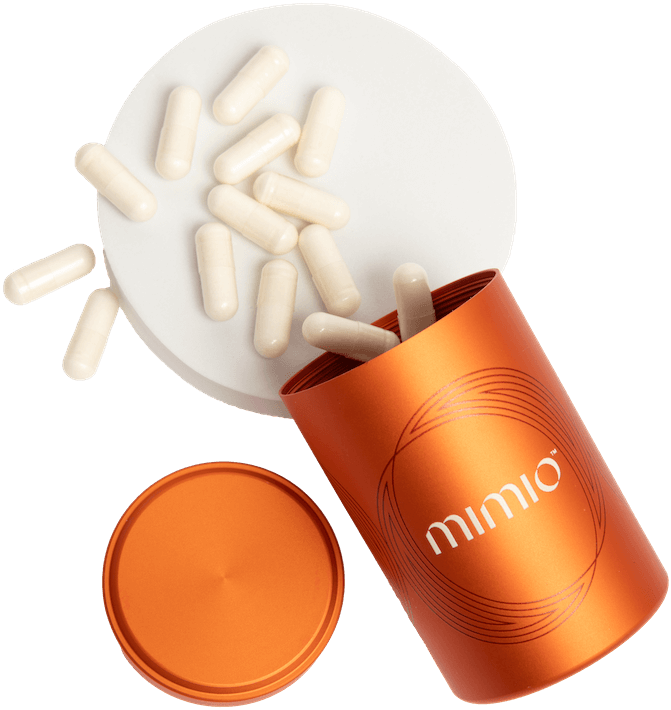Authors: Christopher H. Rhodes, Chenghao Zhu, Joanne Agus, Xinyu Tang, Qianyan Li, JoAnne Engebrecht, Angela M. Zivkovic
Background: Periodic prolonged fasting (PF) extends lifespan in model organisms and ameliorates multiple disease states both clinically and experi-mentally owing, in part, to its ability to modulate the immune system. However, the relationship between metabolic factors, immunity, and longevityduring PF remains poorly characterized especially in humans.
Objective: This study aimed to observe the effects of PF in human subjects on the clinical and experimental markers of metabolic and immune health anduncover underlying plasma-borne factors that may be responsible for these effects.
Methods: In this rigorously controlled pilot study (ClinicalTrial.gov identifier, NCT03487679), 20 young males and females participated in a 3-d studyprotocol including assessments of 4 distinct metabolic states: 1) overnight fasted baseline state, 2) 2-h postprandial fed state, 3) 36-h fasted state, and 4)final 2-h postprandial re-fed state 12 h after the 36-h fasting period. Clinical and experimental markers of immune and metabolic health were assessed foreach state along with comprehensive metabolomic profiling of participant plasma. Bioactive metabolites identified to be upregulated in circulation after 36h of fasting were then assessed for their ability to mimic the effects of fasting in isolated human macrophage as well as the ability to extend lifespan inCaenorhabditis elegans.
Results: We showed that PF robustly altered the plasma metabolome and conferred beneficial immunomodulatory effects on human macrophages. Wealso identified 4 bioactive metabolites that were upregulated during PF (spermidine, 1-methylnicotinamide, palmitoylethanolamide, and oleoylethano-lamide) that could replicate these immunomodulatory effects. Furthermore, we found that these metabolites and their combination significantly extendedthe median lifespan of C. elegans by as much as 96%.
Conclusions: The results of this study reveal multiple functionalities and immunological pathways affected by PF in humans, identify candidates for thedevelopment of fasting mimetic compounds, and uncover targets for investigation in longevity research.
For the full Clinical Study: https://www.sciencedirect.com/science/article/pii/S0002916522105265



